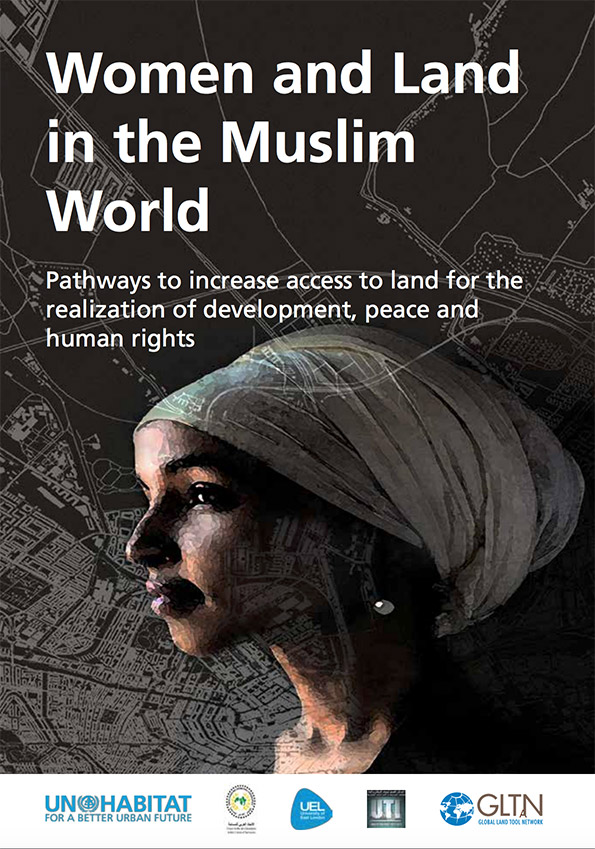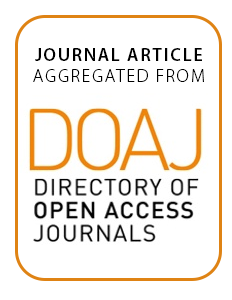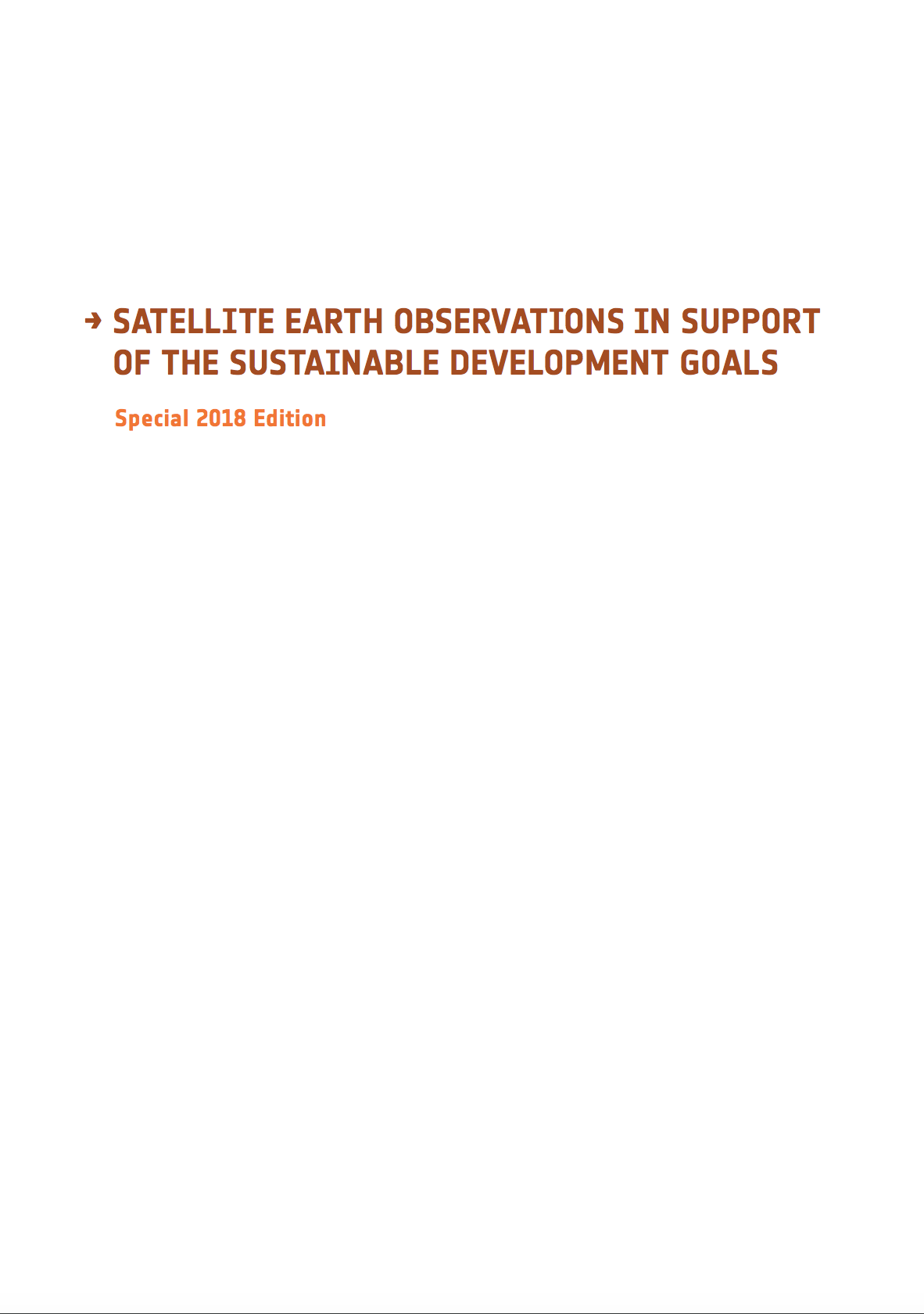Women and Land in the Muslim World
This publication provides practical and evidence-based guidance on how to improve women’s access to land as an essential element to achieve social and economic development and enjoyment of human rights, peace and stability in the specific context of the Muslim world. The challenges faced by women living in Muslim contexts do not substantially differ from those faced by women in other parts of the world: socially prescribed gender roles, unequal power dynamics, discriminatory family practices, unequal access to justice are the most common.






